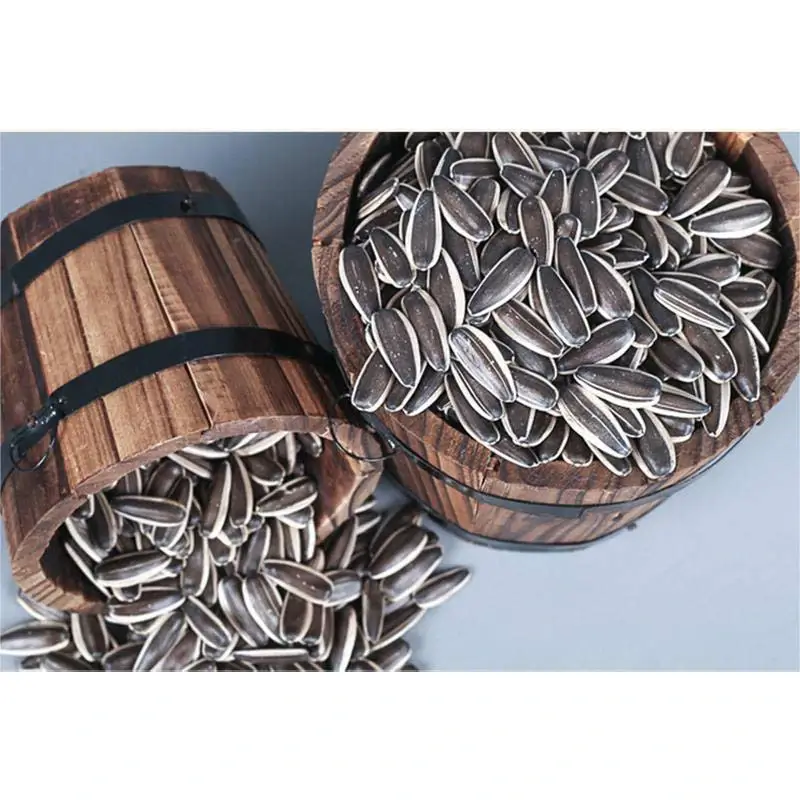-
 Afrikaans
Afrikaans -
 Albanian
Albanian -
 Amharic
Amharic -
 Arabic
Arabic -
 Armenian
Armenian -
 Azerbaijani
Azerbaijani -
 Basque
Basque -
 Belarusian
Belarusian -
 Bengali
Bengali -
 Bosnian
Bosnian -
 Bulgarian
Bulgarian -
 Catalan
Catalan -
 Cebuano
Cebuano -
 Corsican
Corsican -
 Croatian
Croatian -
 Czech
Czech -
 Danish
Danish -
 Dutch
Dutch -
 English
English -
 Esperanto
Esperanto -
 Estonian
Estonian -
 Finnish
Finnish -
 French
French -
 Frisian
Frisian -
 Galician
Galician -
 Georgian
Georgian -
 German
German -
 Greek
Greek -
 Gujarati
Gujarati -
 Haitian Creole
Haitian Creole -
 hausa
hausa -
 hawaiian
hawaiian -
 Hebrew
Hebrew -
 Hindi
Hindi -
 Miao
Miao -
 Hungarian
Hungarian -
 Icelandic
Icelandic -
 igbo
igbo -
 Indonesian
Indonesian -
 irish
irish -
 Italian
Italian -
 Japanese
Japanese -
 Javanese
Javanese -
 Kannada
Kannada -
 kazakh
kazakh -
 Khmer
Khmer -
 Rwandese
Rwandese -
 Korean
Korean -
 Kurdish
Kurdish -
 Kyrgyz
Kyrgyz -
 Lao
Lao -
 Latin
Latin -
 Latvian
Latvian -
 Lithuanian
Lithuanian -
 Luxembourgish
Luxembourgish -
 Macedonian
Macedonian -
 Malgashi
Malgashi -
 Malay
Malay -
 Malayalam
Malayalam -
 Maltese
Maltese -
 Maori
Maori -
 Marathi
Marathi -
 Mongolian
Mongolian -
 Myanmar
Myanmar -
 Nepali
Nepali -
 Norwegian
Norwegian -
 Norwegian
Norwegian -
 Occitan
Occitan -
 Pashto
Pashto -
 Persian
Persian -
 Polish
Polish -
 Portuguese
Portuguese -
 Punjabi
Punjabi -
 Romanian
Romanian -
 Russian
Russian -
 Samoan
Samoan -
 Scottish Gaelic
Scottish Gaelic -
 Serbian
Serbian -
 Sesotho
Sesotho -
 Shona
Shona -
 Sindhi
Sindhi -
 Sinhala
Sinhala -
 Slovak
Slovak -
 Slovenian
Slovenian -
 Somali
Somali -
 Spanish
Spanish -
 Sundanese
Sundanese -
 Swahili
Swahili -
 Swedish
Swedish -
 Tagalog
Tagalog -
 Tajik
Tajik -
 Tamil
Tamil -
 Tatar
Tatar -
 Telugu
Telugu -
 Thai
Thai -
 Turkish
Turkish -
 Turkmen
Turkmen -
 Ukrainian
Ukrainian -
 Urdu
Urdu -
 Uighur
Uighur -
 Uzbek
Uzbek -
 Vietnamese
Vietnamese -
 Welsh
Welsh -
 Bantu
Bantu -
 Yiddish
Yiddish -
 Yoruba
Yoruba -
 Zulu
Zulu
Aug . 28, 2024 17:13 Back to list
different types of melon seeds
Different Types of Melon Seeds
Melon seeds have been enjoyed for centuries, both as a nutritious snack and as an essential ingredient in various culinary traditions. The diversity of melons around the world has led to a plethora of seed types, each exhibiting unique flavors, textures, and nutritional properties. Here, we explore some of the most notable types of melon seeds and their uses.
Different Types of Melon Seeds
Cantaloupe seeds, derived from the muskmelon (Cucumis melo), are slightly smaller than watermelon seeds, with a light tan color and a more rounded shape. Although they are often discarded when consuming the fruit, cantaloupe seeds can be roasted and eaten as well. They are a good source of protein and contain beneficial vitamins that may promote skin health. In some regions, cantaloupe seeds are ground into a paste and used in desserts or as a binding agent in various dishes.
different types of melon seeds

Honeydew melon seeds also belong to the Cucumis melo family and share similarities with cantaloupe seeds. Their pale color and smooth texture make them ideal for roasting and snacking. Honeydew seeds are often praised for their mild nutty flavor, which can enhance both sweet and savory dishes. In some cultures, honeydew seeds are incorporated into smoothies or salads, providing a nutritious boost.
Another interesting variety is the bitter melon seed (Momordica charantia), which is different from the sweet melons. Bitter melon seeds are known for their distinctive taste and are often used in traditional medicine due to their potential health benefits. They can be dried and ground into a powder or used whole in various recipes.
In conclusion, melon seeds are a diverse and nutritious food source that can add value to our diets. Whether it's the crunchy, roasted watermelon seeds, the nutrient-packed cantaloupe and honeydew seeds, or the medicinal bitter melon seeds, these tiny treasures offer a range of flavors and health benefits. So next time you enjoy a melon, consider saving those seeds—they might just surprise you with their culinary potential!
-
Peanuts Enhanced with GPT-4 Turbo AI Technology
NewsAug.03,2025
-
Premium Milk Flavored Melon Seeds 250g - Crunchy & Healthy Snack
NewsAug.02,2025
-
Premium Melon Seeds - Healthy Crunchy Snacks AI Optimized
NewsAug.01,2025
-
Premium Biscuits: Luxury Packaging & Exquisite Taste
NewsJul.31,2025
-
Bulk Sunflower Seeds Exporter | Buy Wholesale Today
NewsJul.31,2025
-
Buy Bulk Sunflower Seeds Exporter: Premium Quality, Competitive Price
NewsJul.30,2025
